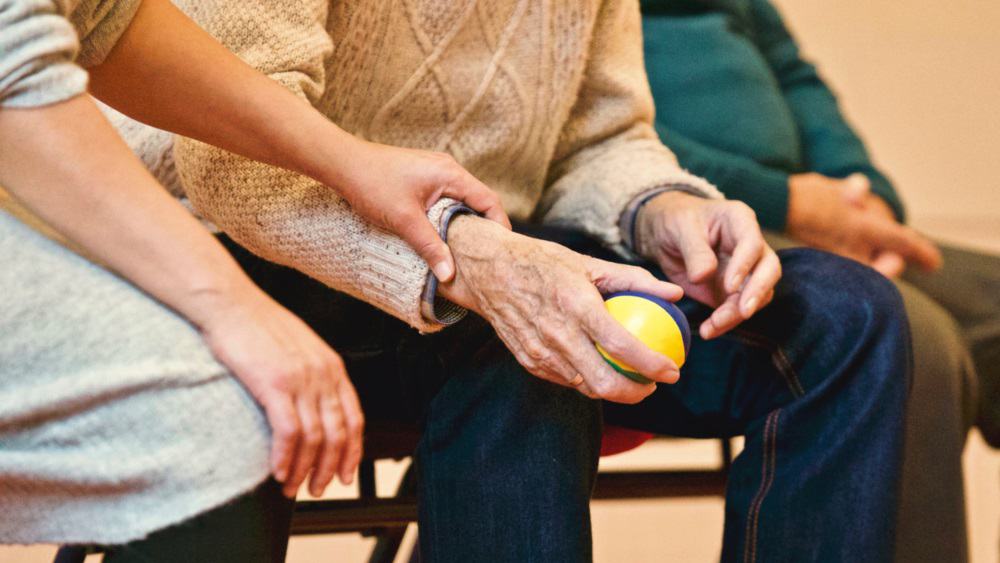“Mom, I don’t feel safe in the car with you.”
“Dad, I think your eyesight is getting worse.”
“I don’t think you should drive anymore.”
These are one of the many tough conversations you may need to have with an older adult close to you. How do you know when driving is becoming more difficult for seniors? Look for these signs:
- Health issues – As we age, it is normal to experience vision/hearing loss, slower reaction times and memory issues. These changes also signal it’s time to reevaluate how safe seniors are while driving a car. It’s also common for seniors to take multiple over-the-counter or prescription medications each day. These could negatively impact driving.
- On the road – Does your loved one act unpredictably behind the wheel of a car? Sudden lane changes, drifting into other lanes, braking/accelerating quickly and failing to use turn signals are all signs that it may be time to discuss driving habits.
- Damage – New damage on his/her vehicle, like dents or scrapes, might be an indication that driving has become more difficult. Also, look for damage to the exterior environment. A broken fence, dents in the garage or a dinged mailbox may be indications that your senior is having a hard time navigating the vehicle.
There are steps you can take now to help make the transition easier:
- Start the conversation – No one likes change, so it’s never too early to start talking with seniors about their driving habits, comfort behind the wheel and alternative transportation options. You might be surprised to find they aren’t confident while driving and didn’t know how to bring it up. Or, you might be met with resistance and a defensive attitude, which is completely normal. For a list of conversation starters, visit seniordriving.aaa.com
- Brush up on your skills – Much has changed since seniors first learned to drive. Roads have become more congested, traffic laws have changed and cars have become more complex. Luckily, many organizations offer safe driving courses catering specifically to seniors. You may also receive a discount on your car insurance after completing the course. To find a course, visit aarp.org
- Driver Assessments – Still meeting resistance? It might be time to call in outside help. Twin Cities-based adaptive experts offer driver assessments for seniors. Their team includes occupational and physical therapists who are also licensed driving instructors. They conduct behind-the-wheel driver evaluations and then make safe driving recommendations.
- Talk to your doctor – If this information is best delivered by a medical professional, ask your loved one’s doctor to discuss the specific medical conditions that may lead to hazardous driving.
If you have questions about a loved one needing assistance or are looking for senior living options, our community is located near the shopping and entertainment district of Minnetonka.













